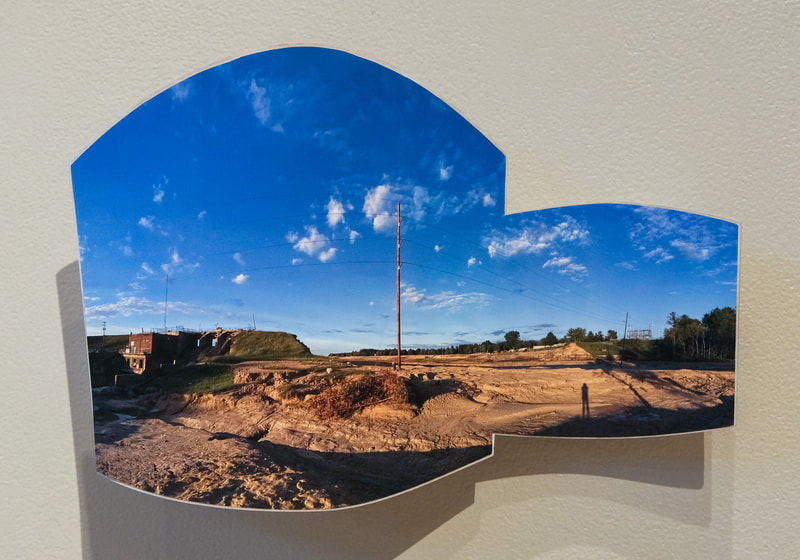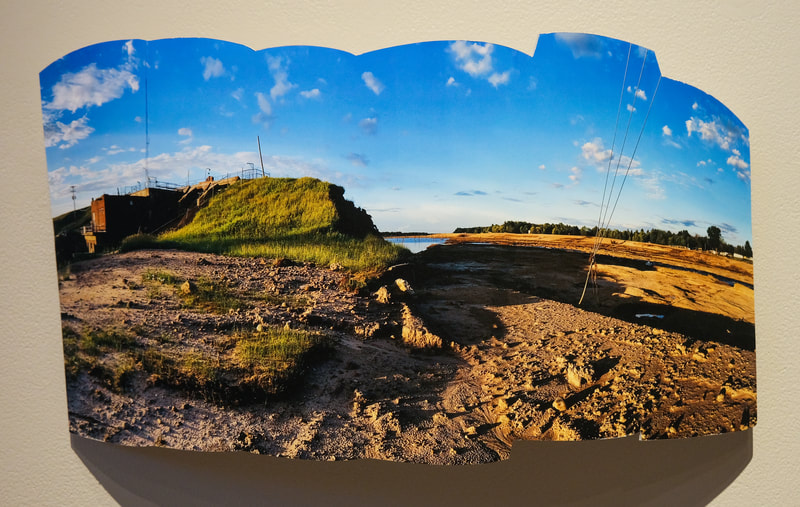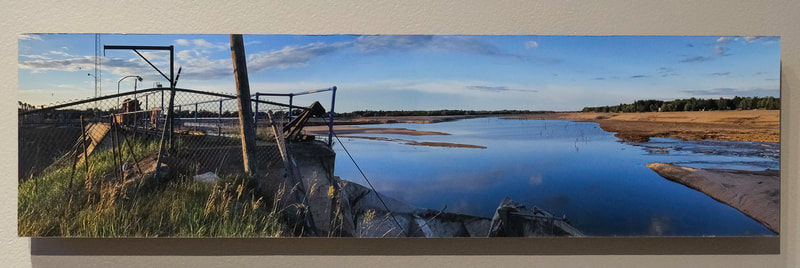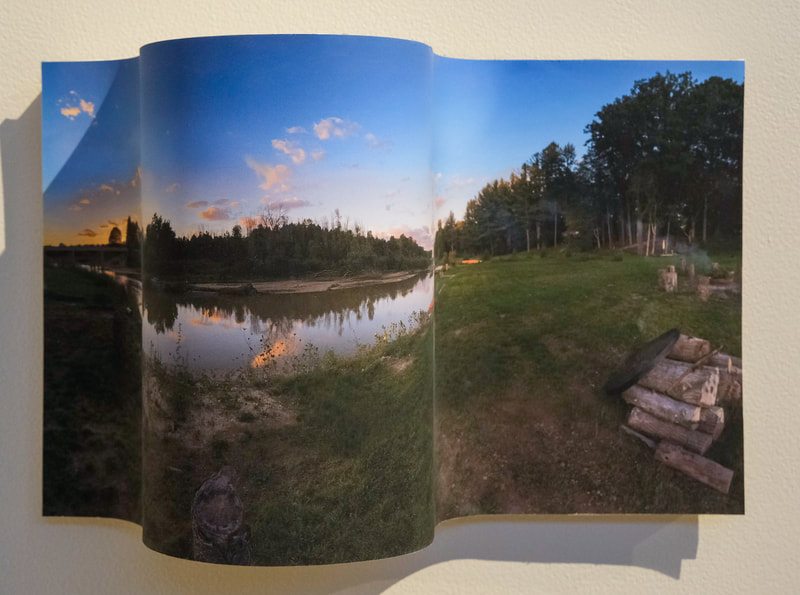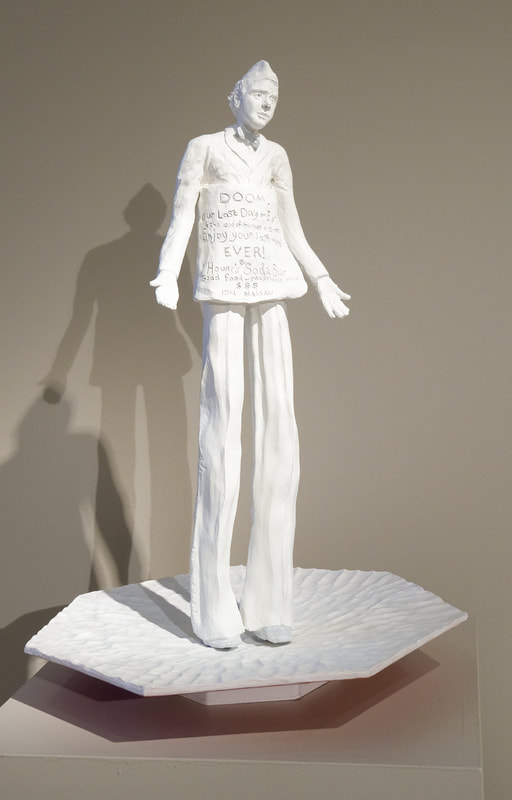Andrew Krieger
Born in Detroit, Michigan.
Self-taught artist who attended Cleveland Institute of Arts
Lives in Grosse Pointe Farms, Michigan
For the second time in the last 150 years, part of my property has been cleared of trees. My house, in which my father’s great uncle built, is located on the banks of the Tittabawassee River in Edenville, Michigan. It’s situated on a high hill overlooking the river.
Soon after Michigan became a state, a gold rush occurred from the mid-1800s onward. Michigan was clear cut of trees in a wild cycle of land acquisition, intense logging, and then tax foreclosures. In fact, the whole endeavor of clear cutting the state was more profitable than the California Gold Rush. In reflection, these tax foreclosures are clues as to when areas of land were clear cut. The land, now worthless, was simply given back to the state.
The Tittabawassee River was used as a logging transportation route for the many trees that flowed on it and past the property on which my house currently resides. But on May 19, 2020, the Edenville Dam failed, and 22.5 billion gallons of water rushed past my house and property erasing 150 years of tree growth and personal history. Another eight more inches of water would have destroyed the first floor of my house and caused me great personal loss.
In retrospect the pandemic was a gift to me. It allowed my friends to help me clean up from this devastation, explore and reconnect with the area. The works in the exhibition are about making connections to my ancestors’ property and home and imagining life after this human-derived ecological disaster.
Self-taught artist who attended Cleveland Institute of Arts
Lives in Grosse Pointe Farms, Michigan
For the second time in the last 150 years, part of my property has been cleared of trees. My house, in which my father’s great uncle built, is located on the banks of the Tittabawassee River in Edenville, Michigan. It’s situated on a high hill overlooking the river.
Soon after Michigan became a state, a gold rush occurred from the mid-1800s onward. Michigan was clear cut of trees in a wild cycle of land acquisition, intense logging, and then tax foreclosures. In fact, the whole endeavor of clear cutting the state was more profitable than the California Gold Rush. In reflection, these tax foreclosures are clues as to when areas of land were clear cut. The land, now worthless, was simply given back to the state.
The Tittabawassee River was used as a logging transportation route for the many trees that flowed on it and past the property on which my house currently resides. But on May 19, 2020, the Edenville Dam failed, and 22.5 billion gallons of water rushed past my house and property erasing 150 years of tree growth and personal history. Another eight more inches of water would have destroyed the first floor of my house and caused me great personal loss.
In retrospect the pandemic was a gift to me. It allowed my friends to help me clean up from this devastation, explore and reconnect with the area. The works in the exhibition are about making connections to my ancestors’ property and home and imagining life after this human-derived ecological disaster.

